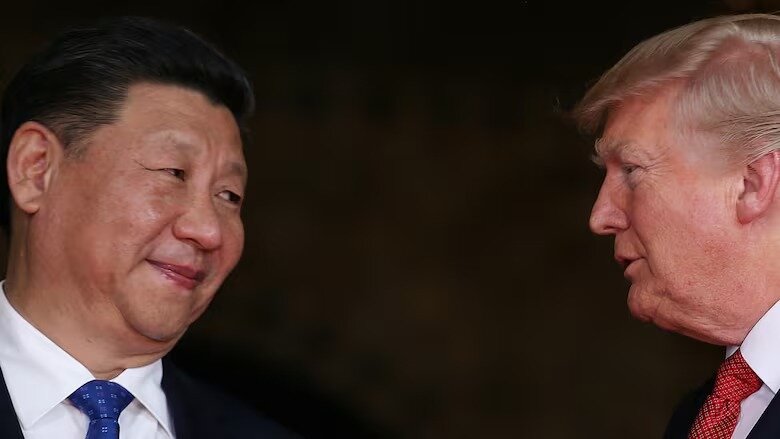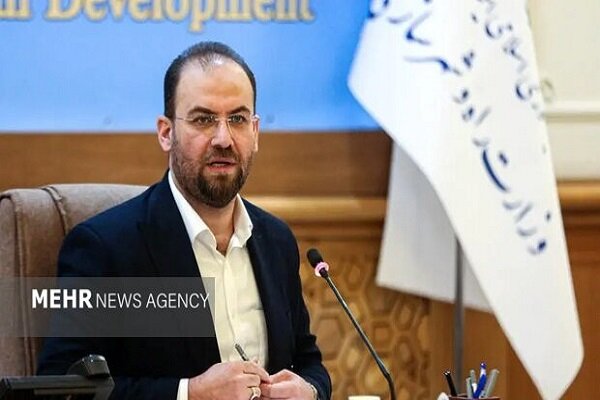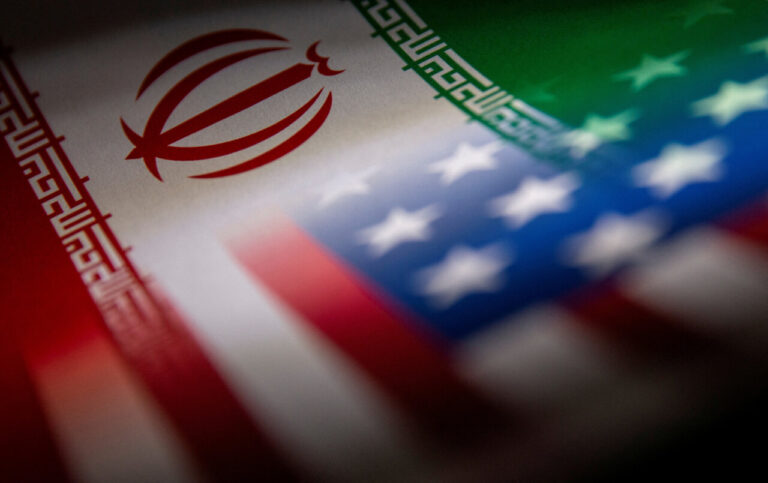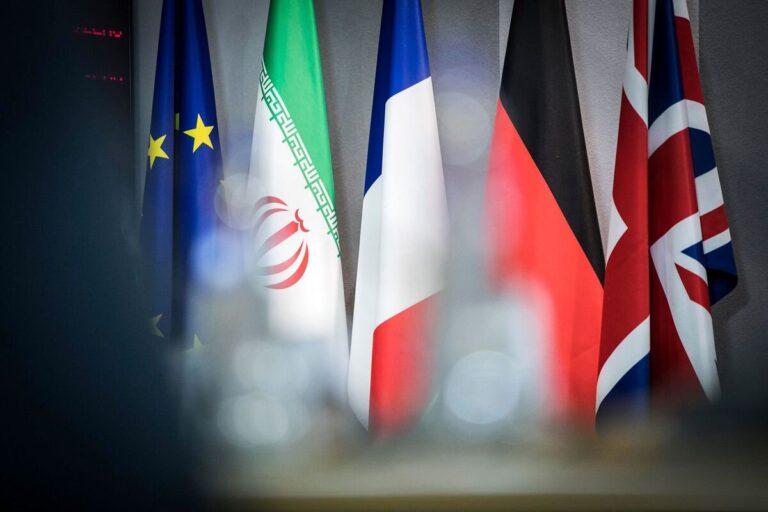US and China Strike Landmark Trade Deal in Geneva: A New Era of Economic Relations
In a significant development on international trade, the U.S. has announced a China trade deal in Geneva, as reported by NBC News. This announcement followed remarks made by Treasury Secretary Scott Bessent and U.S. Trade Representative Jamieson Greer, who both shared optimistic perspectives regarding the ongoing trade negotiations with China.
Bessent and Greer highlighted the progress made during the talks, emphasizing that they would be providing more detailed information on the agreement in the coming days. However, it is important to note that China has not yet publicly commented on the status of the negotiations.
Bessent stated, “I’m happy to report that we made substantial progress between the United States and China in the very important trade talks,” adding that “the talks were productive.” This sentiment was echoed by Greer, who referred to the discussions as constructive and indicative of a potential agreement.
During their brief remarks, which lasted just over two minutes, Greer emphasized the significance of the discussions. He remarked, “This was, as the secretary pointed out, a very constructive two days. It’s important to understand how quickly we were able to come to agreement, which reflects that perhaps the differences were not so large as maybe thought. That being said, there was a lot of groundwork that went into these two days.”
Key points from the announcement include:
- Progress in Trade Talks: Both officials indicated that substantial progress was made during the negotiations.
- Details to Come: Further details about the agreement are expected to be released soon.
- China’s Response: As of now, China has not made any public statements regarding the deal.
- National Emergency Declaration: Trump previously declared that “foreign trade and economic practices have created a national emergency,” underlining the urgency of the negotiations.
Greer also referenced the ongoing trade deficit with China, expressing confidence that the newly struck deal would help the U.S. address this issue. He stated, “We’re confident that the deal we struck with our Chinese partners would help the U.S. work toward resolving that national emergency.”
In April, President Trump had made a declaration concerning the national emergency related to foreign trade practices, which has underscored the urgency of the negotiations. This declaration sets the stage for the discussions that have taken place between the U.S. and China.
Following the talks, Bessent mentioned that he and Greer had communicated with President Trump on Saturday, ensuring that he was “fully informed of what is going on.” This communication highlights the administration’s commitment to transparency and active involvement in the trade discussions.
As the weekend approached, White House officials expressed eagerness to continue negotiations, although they maintained that the U.S. would not reduce tariffs without receiving concessions from China. This stance reflects a strategic approach to ensure that any agreements reached are beneficial for the U.S. economy.
In a related statement, Trump conveyed optimism regarding the negotiations, saying, “I think we’re going to have a good weekend with China,” during a presentation about a preliminary trade agreement with the U.K. This statement showcases the administration’s positive outlook on the discussions and their potential outcomes.
As this situation develops, many are looking to the Chinese government for a response. A spokesperson for the Chinese Embassy in Washington, D.C., did not immediately respond to requests for comments on Sunday, leaving the global community waiting for their perspective on the recently announced trade deal.
In conclusion, the recent announcement regarding the U.S.-China trade deal marks a notable moment in international trade relations. As both countries work towards finalizing the details, the implications of this agreement could have far-reaching effects on global trade and economic stability.






